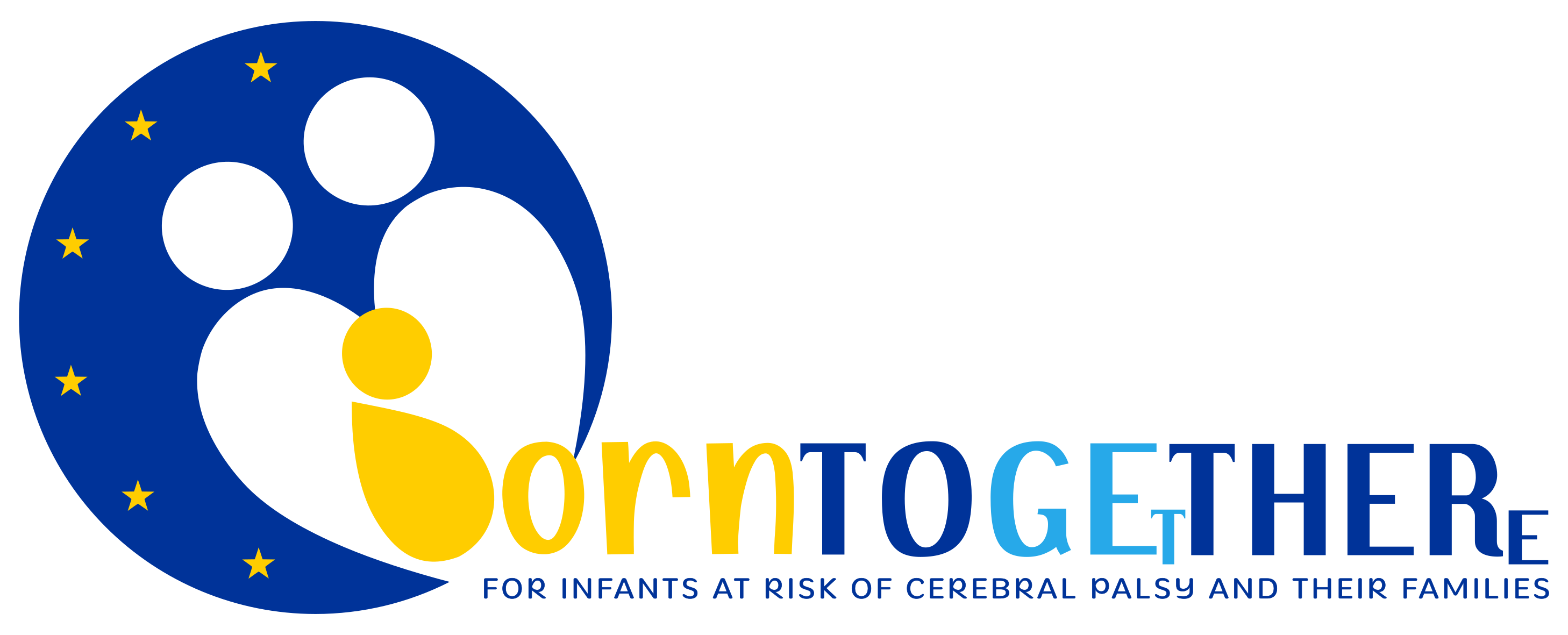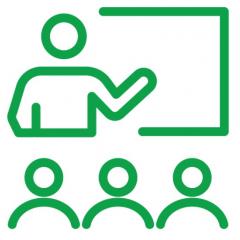Serving as the Queensland arm of the AusCP-CTN, the team at the Queensland Cerebral Palsy Rehabilitation & Research Centre (QCPRRC; led by CI Prof. Roslyn Boyd, Director of AusCP-CTN) has partnered with keen researchers and clinicians across Queensland, and successfully established the state-wide QEDIN-CP network. Coordinated by Advanced Research Physiotherapist Dr Joanne George at QCPRRC, QEDIN currently has >230 clinical members representing all 16 HHSs across Queensland and the Mater hospital. QEDIN-CP is the first of its kind umbrella program which provides a clear path linking between medical research, clinical workforce, and interested families, as the QEDIN-CP network enables ethics, governance, data transfer for screening, second opinions, calibration, reliability testing and fast tracking families to available clinical trials of early interventions (funded by Advance QLD Program).
Leveraging from its success and framework establishment, the QEDIN-CP network has further contributed to a similar program at the national scale (KiTE-CP, NHMRC Partnership Program), linking clinical and research workforce between Queensland, New South Wales, and Victoria, allowing more large scale multisite clinical trials to be easily established and connected to interested families.
 The AusCP-CTN also serves as the Australian-arm of the BORNTOGETTHERE international program (supported by the European Horizon 2020 Grant), which aims to increase awareness of evidence based guidelines for early detection, surveillance and intervention for infants with Cerebral Palsy. The BORNTOGETTHERE program will exploit current evidence on early detection, characterization and intervention for infants at high risk of Cerebral Palsy (CP) by implementing the first International Clinical Practice Guidelines (Novak et al.) in multiple sites in Europe (Italy, Denmark, Netherlands), in low- and middle-income countries (Georgia, Sri Lanka) and hard to reach populations (Queensland and remote Australia).
The AusCP-CTN also serves as the Australian-arm of the BORNTOGETTHERE international program (supported by the European Horizon 2020 Grant), which aims to increase awareness of evidence based guidelines for early detection, surveillance and intervention for infants with Cerebral Palsy. The BORNTOGETTHERE program will exploit current evidence on early detection, characterization and intervention for infants at high risk of Cerebral Palsy (CP) by implementing the first International Clinical Practice Guidelines (Novak et al.) in multiple sites in Europe (Italy, Denmark, Netherlands), in low- and middle-income countries (Georgia, Sri Lanka) and hard to reach populations (Queensland and remote Australia).



